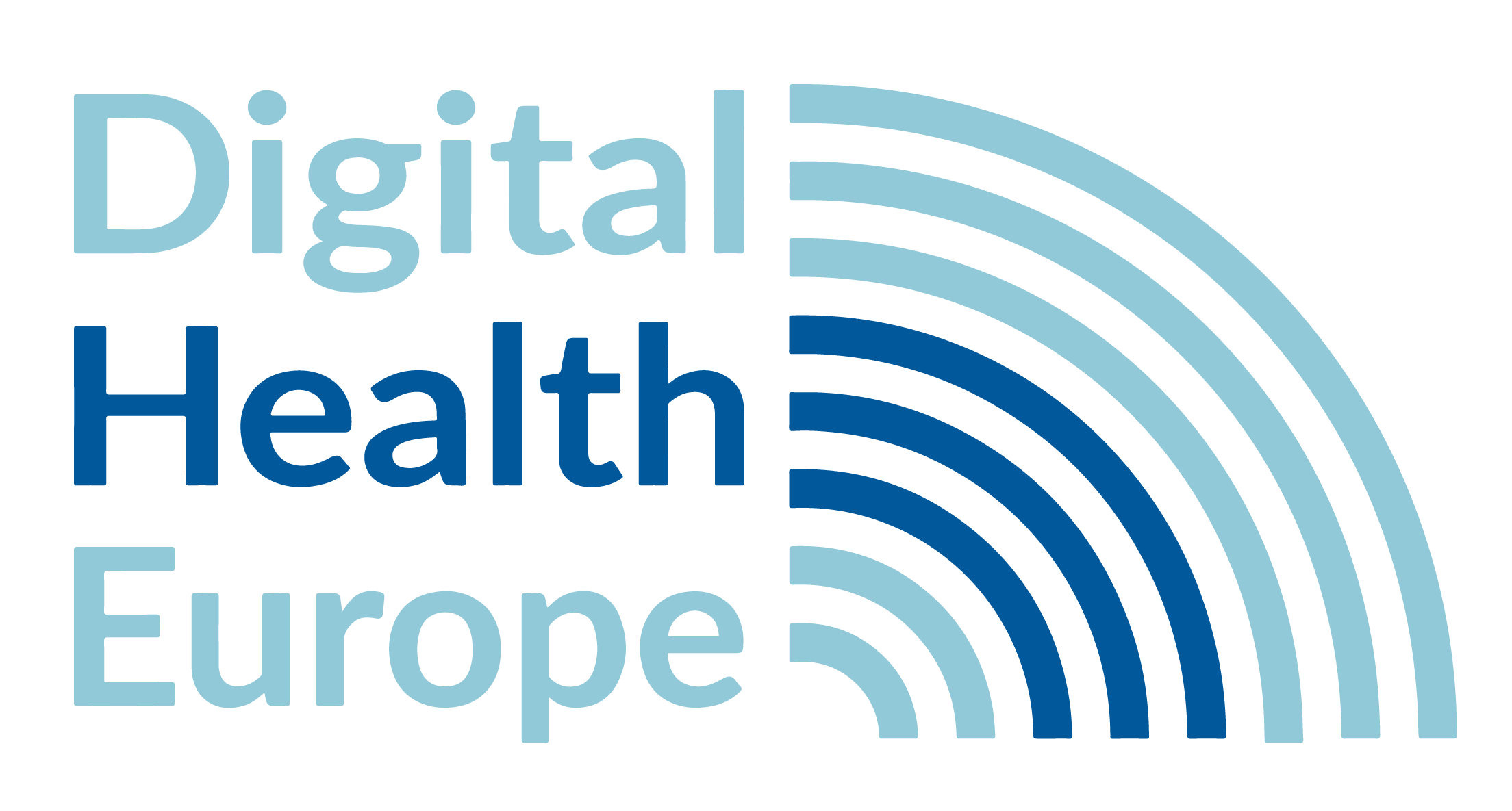Over the summer 2020, empirica has been working with members of the 1+Million Genomes Initiative and the European Commission to support the development of a roadmap that will ensure the initiative’s target of having over one million genomes sequenced by the end of 2022 is fulfilled. The support is part of the EU-funded project DigitalHealthEurope.
23 European countries have signed the declaration “Towards access to at least 1 million sequenced genomes in the EU by 2022” and are working together to leverage the potential of genomics in the prevention, diagnostics, and therapy of cancer, non-communicable diseases, rare diseases, and infectious diseases – for the benefit of our citizens and patients, health care systems, and research and innovation infrastructure.
The Roadmap, edited and published by empirica is now easily accessible online. It is expected to be translated into the languages of the participating member countries.
Why genomics at all?
It is essential to understand our individual genetic characteristics, and how these interact with other factors like the biology or physiology, to deliver patient-centred, tailored medical treatments. Genomics and the technological advances like sequencing, high performance computing and AI analytics are revolutionising health and care provision as they foster the emergence of personalised medicine with a clear focus on the person’s individual needs, leading to targeted prevention measures and precise treatments, and eventually, to better health and care and quality of life.
Genomics can accelerate the development of new drugs and data-driven innovations. Simulations and modelling ahead of clinical trials can be used to assess the new compounds’ suitability and have the potential to shift the current paradigm of the “one size fits all” approach, targeting usually the average patient, to a patient-centred, tailored treatment and care by including the individuals’ genetic profiles. It can reduce the costs for pharmaceutical companies, increase patients’ safety and strengthen the resilience of our health care systems.
Also, healthcare systems would benefit from avoiding expectably unnecessary treatment strategies and reduce inefficiencies and wasteful spending by predicting outcomes and make good use of scare resources. From cancer, to neurodegenerative diseases, to rare diseases, and even to preventive measures for (emerging) infectious diseases – genomics can greatly contribute to the public and EU citizens’ individual health by offering effective treatment strategies.
What is the 1+ Million Genomes initiative?
The Declaration on genomics cooperation ‘Towards access to at least 1 million sequenced genomes in the EU by 2022′ was launched on Digital Day 2018 and has been signed already by 21 Member States. The initiative is also open to countries of the European Economic Area and the European Free Trade Association, and is part of the EU’s agenda for the Digital Transformation of Health and Care, aligned with the Commission’s strategy in Transforming Health and Care, Europe’s Beating Cancer Plan, European Data Strategy (including a European Health Data Space) and the European Open Science Cloud.
The goal is to set up a collaboration mechanism with the potential to improve disease prevention, allow for more personalised treatments and provide a sufficient scale for innovative, clinically impactful research. This shall be done through an interoperable, cross-border network of national genome databases associated with other relevant data, like electronic health records, to find solutions for pressing challenges like preventing infectious diseases or finding treatment options for cancers. By the end of 2022, there should be access to over one million sequenced genomes.
In the light of the outbreak of the Coronavirus pandemic, infectious diseases have now been added to the initiative’s use-cases to ensure targeted solutions for existing, and also emerging public health threats, can be timely delivered.
A clear strategy forward: the ‘1+MG Roadmap 2020-2022′
To meet the target of having over one million genomes sequenced by the end of 2022, in February 2020, the signatories of the 1+ Million Genomes initiative adopted the ‘1+MG Roadmap 2020-2022′. The Roadmap has been established to provide a clear perspective for tangible outcomes over the course of the next three years and can be easily discovered in the new brochure. The Horizon 2020 project “Beyond 1 Million Genomes” will support and coordinate the implementation of the Roadmap in the coming years by leading up to an agreement on the infrastructure, the legal guidance and the best practices to enable this access. However, it will look also ‘beyond’ the initiative and drive further the development of a data sharing infrastructure to ensure its sustainability and provide the means necessary for clinicians to pursue personalised medicine and benefit their patients, scientists to better understand diseases, and innovators contribute to and boost the European economy.
